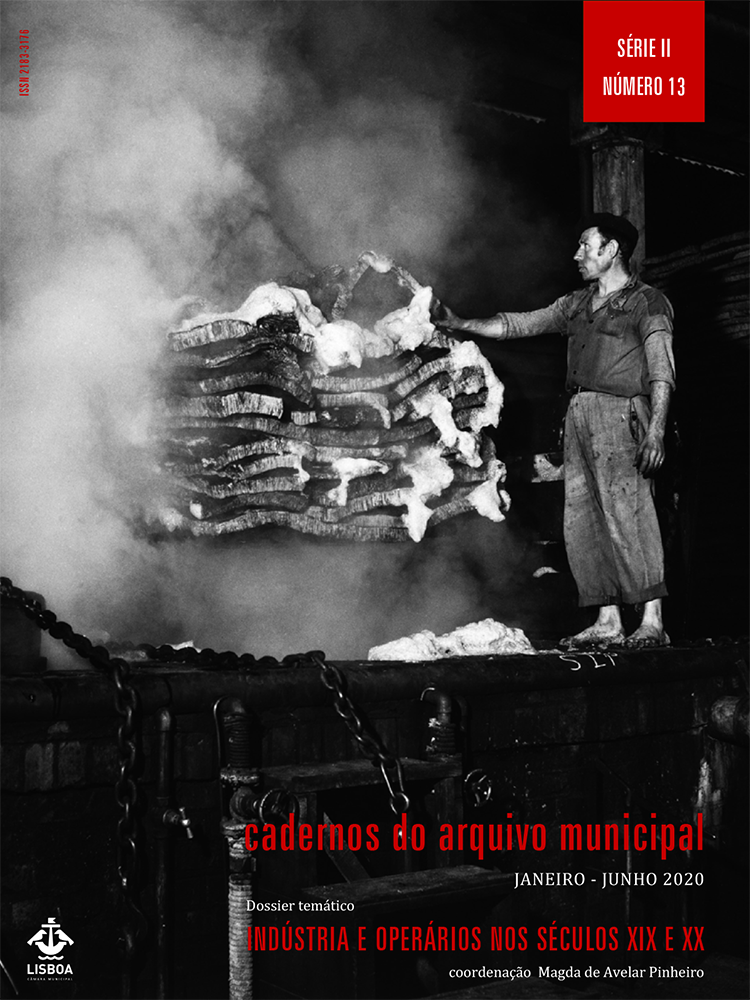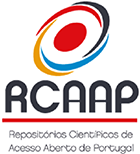Between self-management and workers’ control: the cases of Setenave and Sogantal during the Portuguese revolutionary period (1974–1975)
DOI:
https://doi.org/10.48751/CAM-2020-13112Keywords:
Workers’ Control, Self-management, Productive Restructuring, Setenave, SogantalAbstract
This article aims to contribute to the history of the labor movement through the analysis of two paradigmatic case studies, occurring during the Portuguese revolutionary period (1974–1975). On the one hand, Setenave, a shipbuilding and repair company, with national and international capital, of male labor, which evolved into workers’ control and was later nationalized; on the other, Sogantal, a textile company, with international capital and female labor, which changes during the revolution for self-management. These two cases are representative of the revolutionary struggle and the strengthening of the Portuguese working class, portraying important phenomena in understanding the development of the class struggle embraced in the country during and after the Revolução dos Cravos.
Downloads
Downloads
Published
How to Cite
Issue
Section
License
Copyright (c) 2020 Jorge Filipe Figueiredo Fontes; Pamela Peres Cabreira

This work is licensed under a Creative Commons Attribution-NonCommercial 4.0 International License.
The authors retain copyright and grant the journal the right of first publication, with the work simultaneously licensed under the Creative Commons Attribution License CC BY-NC 4.0 which allows sharing and adapting the text as long as its authorship is correctly attribbuted with recognition of the initial publication in this journal.









